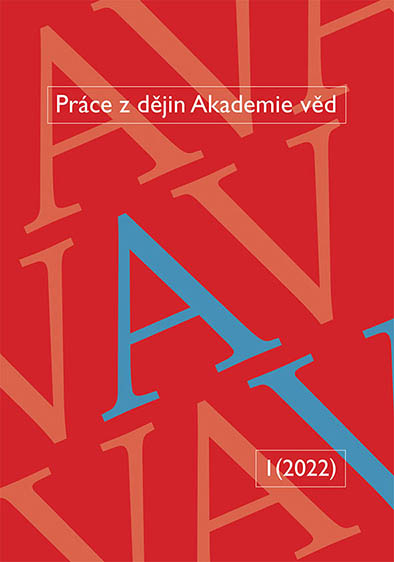Projekt „Émigré Europe“ a emigrace československých studentů a vědců do Nizozemska v letech 1933–1989
The project “Émigré Europe” and the emigration of Czechoslovak students and scientists to the Netherlands 1933–1989
Author(s): Miroslav Michela, Tamás Scheibner, Michaela ŠmidrkalováSubject(s): Politics / Political Sciences, History, Social Sciences
Published by: AV ČR - Akademie věd České republiky - Masarykův ústav
Keywords: Czechoslovakia; the Netherlands; migration; exile; science
Summary/Abstract: The research project “Émigré Europe: Civil Engagement Transfers between EasternEurope and the Low Countries 1933–1989”, funded by CELSA (Central European LeuvenStrategic Alliance) and running from 2021 to 2023, examines to what extent emigration fromCentral Europe to the Benelux countries has affected local society. The following study notonly presents the basic characteristics and objectives of this project, but also shows howthis project can be useful for the study of the Czechoslovak scientific exile in the twentiethcentury. Using the example of scientists who emigrated from Czechoslovakia to theNetherlands between 1933 and 1989, it shows the motivation of Czechoslovak emigrants,students and scientists, behind choosing the Netherlands as the country of their destination.One factor was the scholarships from the Dutch University Asylum Fund (UAF), whichenabled dozens of students from Czechoslovakia to continue their higher education in theNetherlands. Moreover, the tradition of Czechoslovak-Dutch contacts in certain fields, especiallyastronomy, was also an important factor. Last but not least, there were also individualinfluences, such as previous scientific or study internships in the Netherlands, scientific contactswith Dutch scientists and research institutions, and other factors.
Journal: Práce z dějin Akademie věd
- Issue Year: 14/2022
- Issue No: 1
- Page Range: 11-43
- Page Count: 33
- Language: Czech

